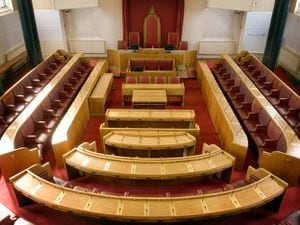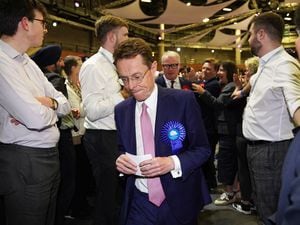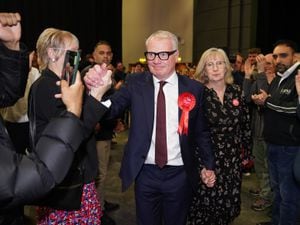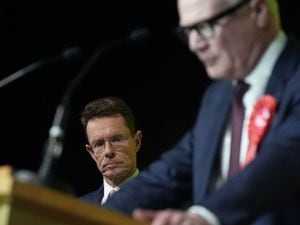West Midlands Mayor election: The role, their powers and who they serve explained
The role of an elected or executive mayor for the West Midlands was created in 2017, as part of what the Government described as a 'devolution deal', which also created the West Midlands Combined Authority.

It was the first time there had been a regional government serving the West Midlands since the short-lived and controversial West Midlands County Council was abolished in 1986. However, the Government insisted that the new authority would be a very different animal, and instead of centralising the powers of local government, as the county council had done, it would be about devolving power from central government.
Since its creation, the post has been held by Conservative Andy Street, who came out victor in the first election, held in 2017, and was re-elected four years later.
The mayor receives an annual budget of £1.2 billion, which can be invested in the region's infrastructure. On top of that, he has the power to impose a charge on top of the council tax to pay for extra services, but so far Mr Street has declined to take up that option.
He is in charge of public transport in the region, including the setting of bus fares, and the rules for timetables and routes. His budget can be used to invest in major transport projects, such as the extensions to the tram network, or even improvements to the railways.
The mayor also helps shape how land is used to meet the area’s housing, employment and transport needs.
The mayor officially serves people living in Birmingham, Coventry, Dudley, Sandwell, Solihull, Walsall and Wolverhampton, and only people living in those local authorities are eligible to vote. However, a number of neighbouring authorities, including Telford & Wrekin and Shropshire, are 'non-constituent members' of the combined authority, and are consulted on some policy areas. Last year, Warwickshire County Council expressed an interest in joining the authority, but dropped the plans saying there had not been time for sufficient consultation.
Unlike the mayors of London, Greater Manchester and South Yorkshire, the West Midland mayor is not responsible for policing, which instead is handled by the police and crime commissioner. Last year Mr Street successfully applied to the Home Office to merge the role of mayor with that of police and crime commissioner, but the move was blocked by the High Court following an intervention by commissioner Simon Foster.





